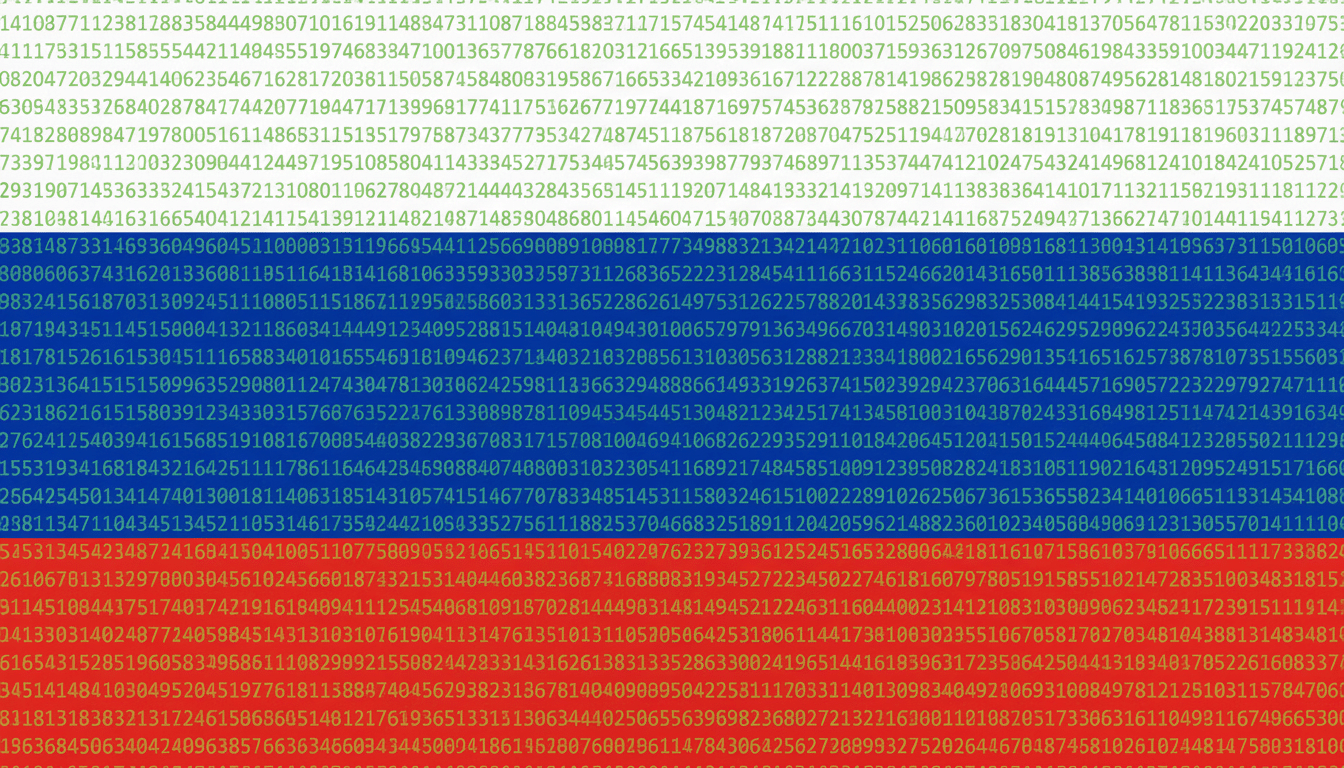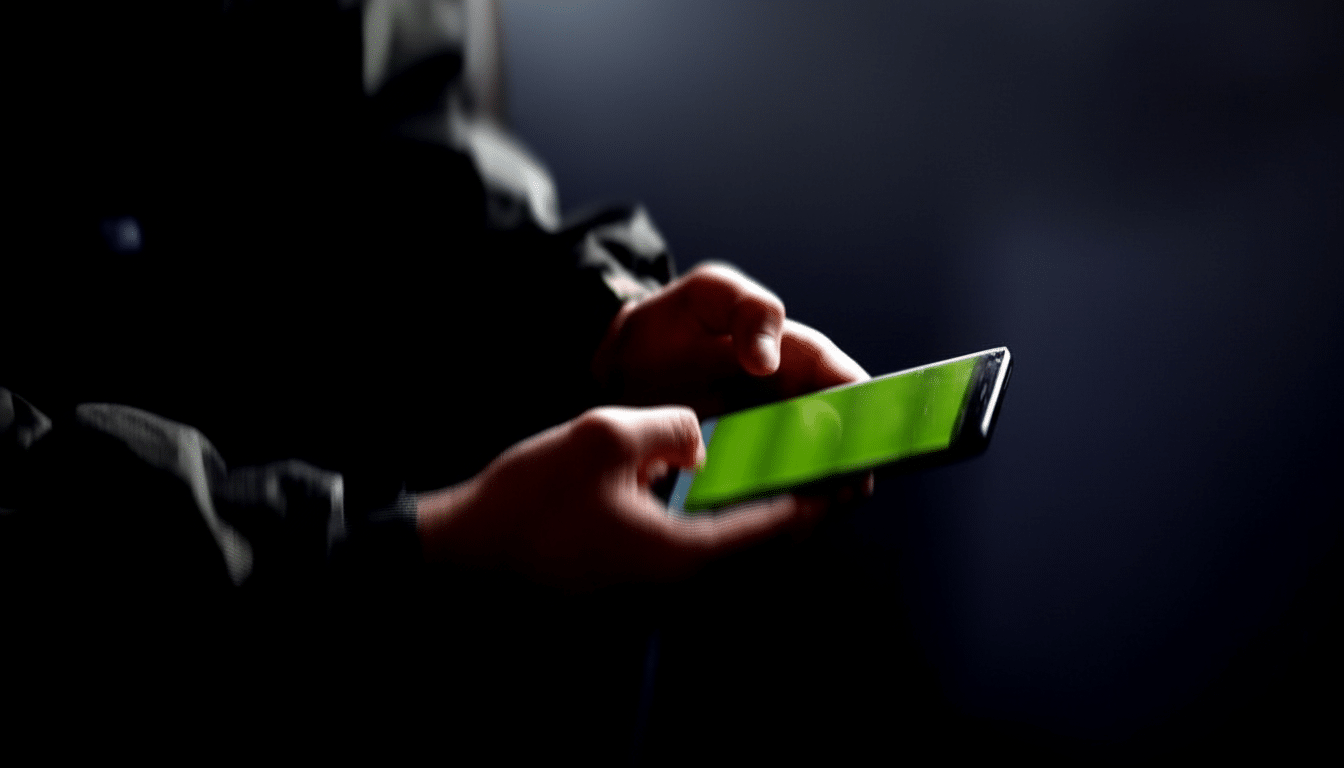Russia is bringing in a 24-hour mobile internet blackout for some cities amid fears that Western governments are plotting to build support among the public after further reports of potential drone strikes on government buildings in Moscow. Travelers and returning citizens will have data service withheld for an entire day, unless they pass additional identity checks, with even domestic SIMs hitting pause after dormant periods.
How the new restriction works for mobile internet users
Any SIM found to have entered from abroad will be blocked from using mobile data for 24 hours, the Ministry for Digital Development said. Users can expedite the process by completing a CAPTCHA or contacting their carrier to confirm identity. The policy also imposes “cooling” on SIMs that have been dormant for over 72 hours, with the same strict verification needed to restart data.
- How the new restriction works for mobile internet users
- Officials cite drone threats to justify mobile blackout
- A wider change in internet governance within Russia
- Who gets hit by the policy and what travelers should expect
- Technical feasibility, enforcement methods, and limits
- What comes next for the 24-hour mobile internet shutdown

The measure homes in on mobile internet in particular — the connective tissue for messaging, maps, ride-hailing and even two-factor authentication. Wi-Fi on known networks might continue to work, but anybody who uses roaming or local eSIMs will experience instant friction at the border and on reactivation.
Officials cite drone threats to justify mobile blackout
Officials are also framing the blackout as a public safety instrument. The ministry says that opponents have used SIM-enabled connections in drones to help them stay on course and coordinate strikes, and it has argued that a brief disruption upon entry will serve as “a measure to ensure the safety of Russian citizens.” According to a report by The Record, the government reasoned that restricting mobile data impedes the introduction of networked SIMs into hostile UAVs.
Aviation and security analysts warn that many new drones on the market do not need mobile internet to fly. Outlets like Meduza have pointed out that primary flight control is normally based on radio and global navigation satellite systems, not cellular connections. Yet SIMs can facilitate some secondary functions — telemetry uploads, imagery transfer or route logging — that might help tailor downstream operations. The blackout is designed to interfere with those secondary functions, if not to bring drones down entirely.
A wider change in internet governance within Russia
The 24-hour cooling-off period falls in line with a wider trend of tightening internet governance in Russia following the full-scale invasion of Ukraine. Regulators have instructed users to abandon foreign encrypted messengers for state-approved apps and network-monitoring groups have reported the throttling of major platforms. Russia is rated Not Free by Freedom House in the organization’s annual internet freedom index, because of continued blocking and deep-packet inspection infrastructure enabled under a 2019 “sovereign internet” law.
Local blackouts have also proliferated. Ulyanovsk residents were recently informed that mobile internet would be shut down for the duration of the war and only government-approved sites open. The Shutdown Tracker, a tool created by Access Now that logs internet outages, has documented numerous Russian service interruptions related to public holidays and security operations (such as those around Victory Day), suggesting that shutdowns frequently serve joint purposes of not just preserving critical infrastructure but also stifling the public during moments or events deemed politically sensitive.

The practice is also on the rise around the world. Access Now recorded 283 internet shutdowns in 35 countries in the coming year, highlighting how governments increasingly use digital access as a lever during conflict and periods of political unrest.
Who gets hit by the policy and what travelers should expect
The blackout affects inbound roaming SIMs and any Russian-based SIMs that have been reactivated after a very prolonged dormant period. Cross-border workers, students, journalists and tourists are most likely to feel it first — especially those who use eSIMs or international plans for banking, ride-hailing or work apps the moment they arrive.
Carriers are supposed to add a check for your identity by inviting you to complete an automated CAPTCHA challenge or demand a call into the customer support line. Russia’s largest operators, such as MTS, MegaFon and Beeline, are required to ensure the law is applied under the control and surveillance of Roskomnadzor. The friction could seep into business travel and logistics: delayed authentication slows airport pickups, digital check-ins and handoffs of supplies in the supply chain that rely on mobile data.
Technical feasibility, enforcement methods, and limits
The policy is simple to enforce at the operator level. To this end, upon a SIM completing its network registration inside Russia, carriers can automatically apply a data block until the user passes identity checks for that personal profile. Deep-packet inspection and centralized traffic management, enhanced in recent years, also facilitate more efficient separation of mobile internet from other services. But the measure does not eliminate Wi-Fi, satellite links or fixed broadband, and may have minimal effect on drone systems that do not rely upon LTE for command and control.
Security experts say that in a world where the walls of security are both available and breached, what it really takes to minimize UAV risks is not connectivity rules that affect civilian life but layered defenses — jamming, spoofing, radar or counter-UAS systems. Digital rights activists, among them Access Now, say that many of the shutdown orders are at least as driven by a totalitarian desire for speech control as they are part of legitimate wartime security measures, a claim reinforced time and again by the pattern of shutdowns in regions nowhere near active war.
What comes next for the 24-hour mobile internet shutdown
Whether the 24-hour shutdown grows in scope or duration has yet to be determined. Watchdogs like NetBlocks and Access Now will be watching for wider throttling, while businesses and visitors get used to a new layer of identity checks at the network fringe. For now, the policy suggests another step in Russia’s move toward a more closed, state-ruled internet — one that values centralized control over people’s everyday connection to online life.

